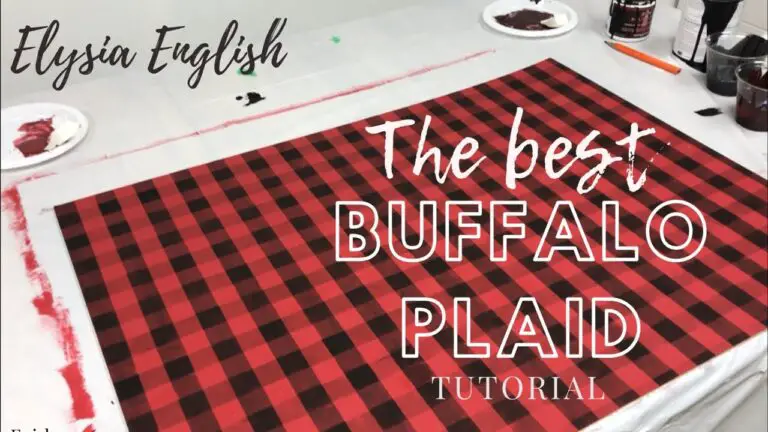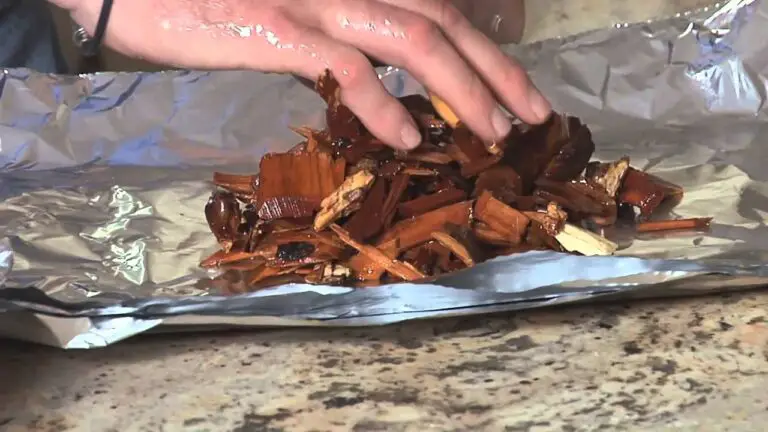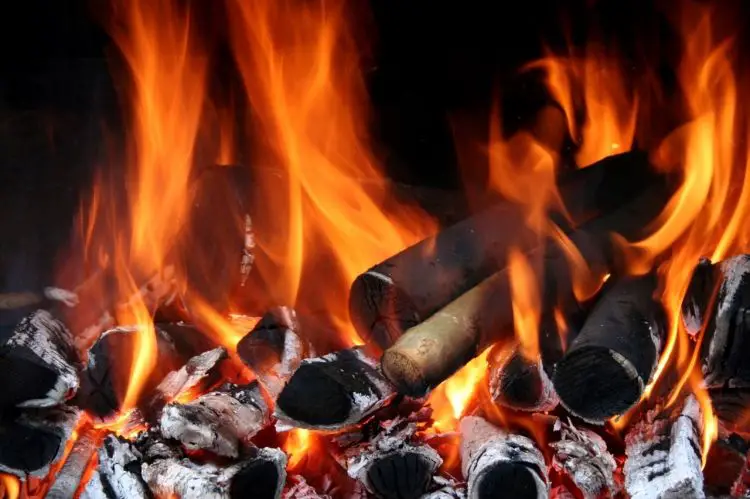Why Do Horses Chew on Wood : Understanding Equine Behavior
Wood chewing is a common behavior among horses that can be damaging to barns, fences, and other wooden structures. While it can be frustrating for horse owners, understanding the reasons behind this behavior can help in finding solutions to prevent it. In this article, we will explore the various reasons why horses chew on wood and how to address this behavior.
1. Nutritional Deficiencies
Horses may chew on wood if they are lacking certain nutrients in their diet. A deficiency in minerals such as salt, phosphorus, and other trace minerals can lead to pica, a condition where animals crave non-food items. Ensuring that the horse’s diet is balanced and meets all nutritional requirements can help prevent wood chewing due to deficiencies.
2. Boredom and Stress
Just like humans, horses can get bored, and when they are confined to a stall or small paddock for extended periods, they may resort to wood chewing as a way to alleviate boredom or relieve stress. Providing ample turnout time, companionship, and mental stimulation through toys and activities can help reduce this behavior.

Credit: madbarn.com
3. Dental Issues
Horses with dental problems such as sharp points, dental malocclusions, or missing teeth may chew on wood as a way to alleviate discomfort in their mouths. Regular dental check-ups and floating of teeth by a qualified veterinarian or equine dentist can help address any underlying dental issues and reduce the urge to chew on wood.
4. Natural Instincts
Wood chewing may also be a result of natural instincts in horses. In the wild, horses graze on a variety of different textures, including bark and branches. When kept in environments with limited access to natural forage, some horses may resort to chewing on wood as a way to fulfill this instinctual behavior.
5. Ulcer Pain
Horses suffering from gastric ulcers may exhibit wood chewing behavior as a coping mechanism for the discomfort caused by the ulcers. It’s important to monitor for other signs of ulcers such as changes in appetite, poor body condition, and irritability, and work with a veterinarian to address any underlying health issues.
6. Social Learning
In multi-horse environments, wood chewing can be learned behavior. If one horse starts chewing on wood, others may imitate the behavior, leading to a destructive habit within the herd. Providing appropriate feeding arrangements and ensuring that all horses receive adequate nutrition and social interaction can help deter social learning of wood chewing.
Addressing Wood Chewing
When dealing with wood chewing behavior, it’s important to address the underlying cause to effectively prevent the habit. This may involve a combination of dietary adjustments, environmental enrichment, veterinary care, and management changes. Some strategies that can help address wood chewing in horses include:
- Providing access to high-quality forage to mimic natural grazing behavior
- Ensuring a balanced diet with appropriate mineral supplementation
- Increasing turnout time and offering companionship to reduce boredom and stress
- Regular dental check-ups and care to address any dental issues
- Monitoring for signs of ulcers and seeking veterinary treatment if needed
- Creating a safe and enriched environment with alternative chewing options such as mineral blocks and toys
By addressing the root cause of wood chewing and providing a horse with a balanced diet, ample opportunities for natural behaviors, and a low-stress environment, the likelihood of wood chewing can be significantly reduced.
Wood chewing in horses can be a challenging behavior to manage, but with patience, observation, and appropriate intervention, it is possible to minimize and prevent this destructive habit. By understanding the reasons behind wood chewing and taking proactive steps to address them, horse owners can promote the well-being of their equine companions while preserving their facilities and wooden structures.
Frequently Asked Questions On Why Do Horses Chew On Wood : Understanding Equine Behavior
Why Do Horses Chew On Wood?
Horses chew on wood to alleviate boredom, fulfill nutrient deficiencies, or ease stress and anxiety.
What Are The Risks Of Wood Chewing For Horses?
Wood chewing can lead to dental problems, ingestion of harmful chemicals, and damage to the stable structure.
How Can I Prevent My Horse From Chewing Wood?
To prevent wood chewing, provide enough roughage, dental care, mental stimulation, and remove access to inappropriate surfaces.
Are There Any Health Issues Associated With Wood Chewing?
Yes, wood chewing can cause splinters in the mouth, digestive issues, and potential poisoning from treated wood.




